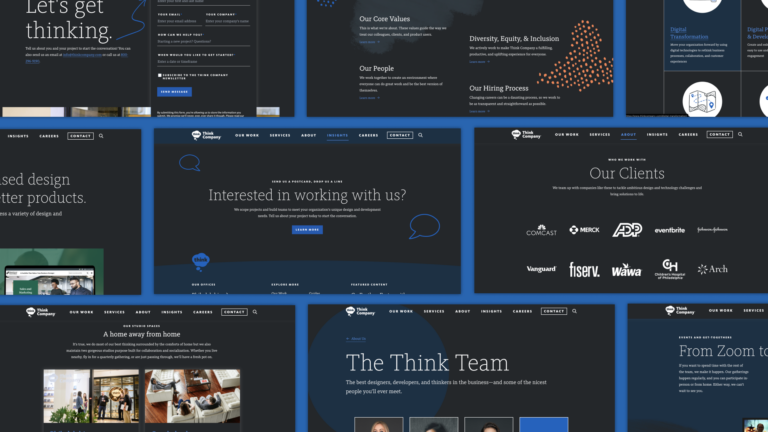Time for Apple to Become Spider-Man

On January 25th, the New York Times published a lengthy piece focusing on the “human costs” of Apple’s manufacturing process. The piece is structured around the May 19, 2011 explosion at a Foxconn factory in Chengdu, China. The explosion was determined to be caused by the combustion of aluminum dust that resulted from the polishing of iPads that the site assembles. Authors Charles Duhigg and David Barboza do a nice job illustrating the human side of the amazing manufacturing feats that are achieved to help Apple and other electronics manufacturers turn out new products at a breakneck pace. It clearly hit a nerve, as Tim Cook issued a company-wide email soon thereafter in response.

I’m writing this post on my MBP that is currently charging my iPhone. It’s a challenge for me to simply watch a TV show without referencing my iPad at least once to look something up or wait out a commercial break. As a lover of Apple products, I couldn’t help but feel some level of guilt as I read about this incident (not to mention the day-to-day situation at these factories). I like to think that I make a lot of conscious decisions about how I can live my first-world life in a way that reduces my impact on others. Winter aside, I buy the majority of my produce from a local farmer. I drive a car that gets over 40mpg. My household recycles far more than we throw out. You get the point. So again, my concern: was my Apple habit supporting the exploitation and endangerment of others? Yes and no.
If you simply read Duhigg and Barboza’s piece, you’d be right in thinking that Apple is taking advantage of developing countries like China, squeezing them to work an inhuman pace to satiate our need for new iStuff. Pull back a bit, though, and you get a more measured view. Forbes had a nice reaction piece, citing a lot of economic theory that is still making my head spin. Thankfully, they reduced it into a bite-sized infographic (which Forbes is mysteriously no longer hosting). Also, dig deeper and read Apple’s Supplier Responsibility Progress Report from 2012. You’ll find that many of the numbers in the Times piece were reported by Apple. Dell and Samsung, the first two comparable electronics manufacturers that popped into my mind publish no such detailed reports that I can find. Dell makes something of an effort. Samsung…sends letters?

Look, in comparison to their peers, Apple’s report is pretty impressive. If it’s an attempt to greenwash the issue, then it’s a damn good one. Having said that, as (retconned) Uncle Ben told us, “With great power comes great responsibility.” Apple just had the second most-profitable quarter for any company…ever (the most-profitable quarter on record is held by ExxonMobil). I think that comparison is worth pondering a bit.
Oil companies are frequently pilloried for raking in huge profits while their customers, employees, and others are forced to pay either through their wallets, lives, or environments. If Apple is now reaping similar rewards, why not hold them to this same standard? They’re talking a good game, let’s see if we can make them follow through. Nike, for all the flak they took in the 90’s, is now showing some positive examples of how to improve working conditions in the developing world. I have to think that was achieved through a combination of public outcry and dedicated corporate leadership. Today’s Apple seems to be in a similar position to 90’s Nike. Their leadership appears to be saying the right things and taking the right steps. Now it’s up to us as their customers (and contributors to that record-setting quarter) to ensure they know what’s important to us.



